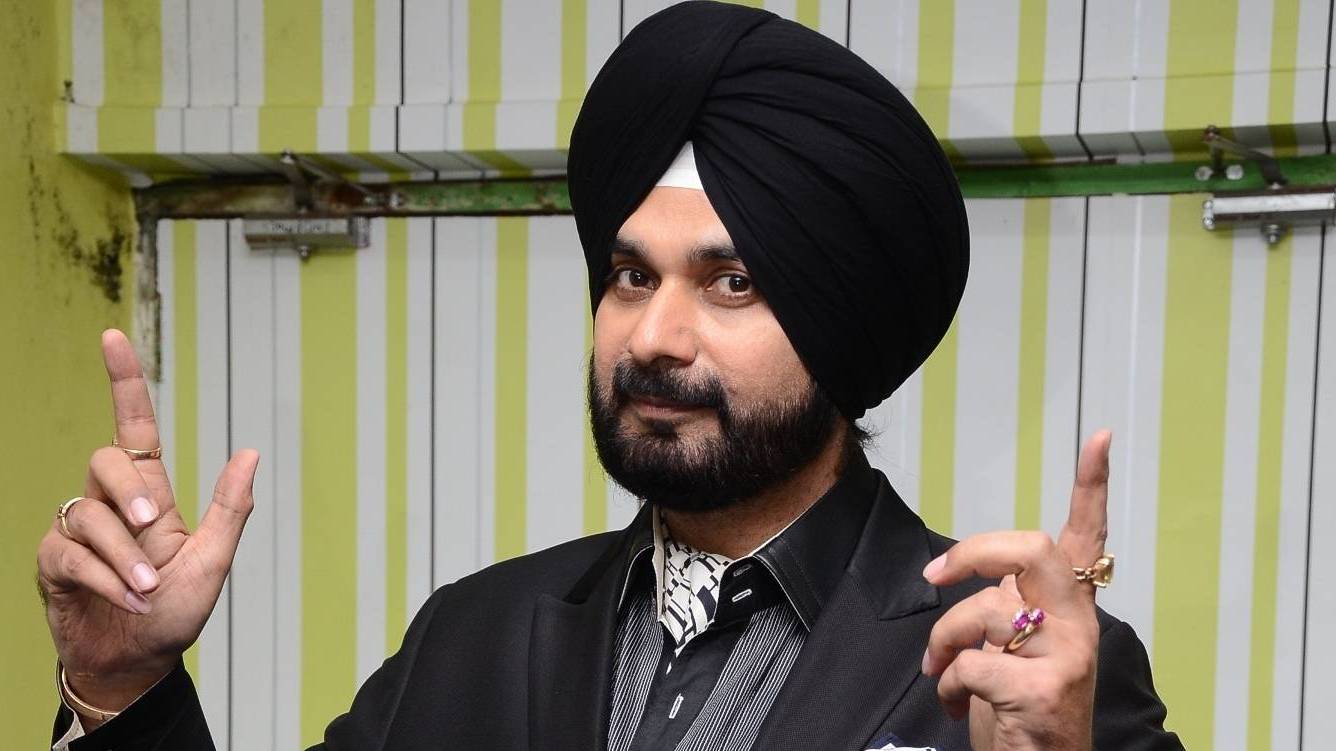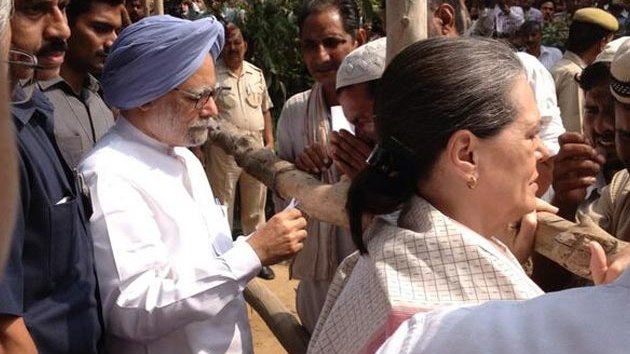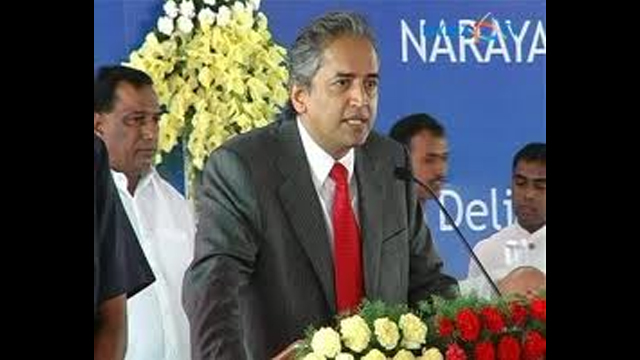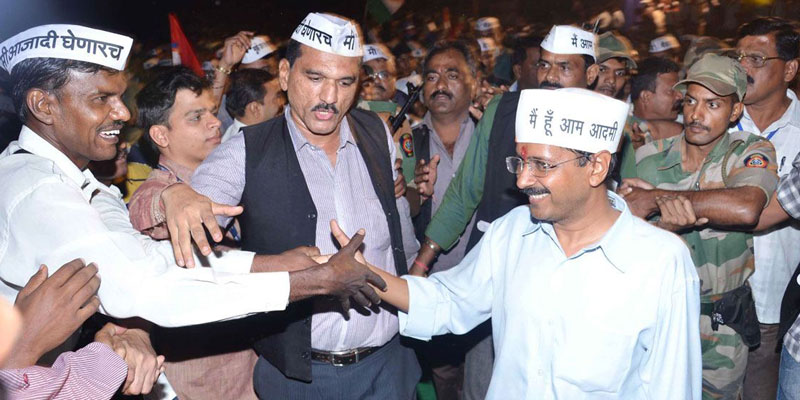A better way out is to talk and resolve these issues instead of wasting time and energy on hunger strikes.
Bharatiya Janata Party MP and former cricketer Navjot Singh Sidhu dramatically declared that he would start a fast-unto-death from today in Amritsar against the state government’s anti-developmental policies and the stalling of disbursement of development funds for his Amritsar constituency.
Reportedly, in a press statement on Friday, Sidhu said, “I know what my duties are towards the development of Amritsar being an elected Member of Parliament. I will do my duty honestly without criticising anybody and without speaking against anybody… I will sit on a fast-unto-death. Party (BJP) president Rajnath Singh has directed me to remain silent. But my duty towards Amritsar would never be stopped.”
The three-time elected lawmaker said “Everybody knows why I am going to take such an extreme step and how my five or six major developmental projects including Solid Waste Management, City Bus Service, Multiple Sport Complex, expansion of Bhandari Bridge were ruined. The Amritsar Improvement Trust had Rs. 160 crore funds, but no development work was carried in the past six years. Instead Rs. 60 crore were diverted to others districts of Punjab with the aim to foil my projects.”
According to news reports, the statement came after lot of drama. As soon as Sidhu landed from Delhi, he invited media persons to come to his house and later got himself locked up in the bedroom and kept the media persons waiting for hours. After hours of waiting, Sidhu’s political secretary brought a hand written two-page statement before the media, declaring Sidhu’s resolution to sit on indefinite fast.
Well, this is not a surprise for India as indefinite fasts are gaining huge popularity in the country and have now become a fashion statement or a means of achieving publicity.
India has witnessed some of the famous hunger strikes for a genuine cause.
Self-styled Gandhian activist Anna Hazare
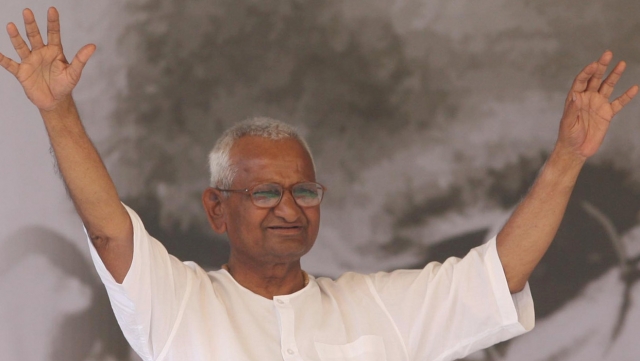
Hazare initiated an indefinite hunger strike in April 2011 to wield pressure on the federal government to pass a stringent anti-corruption law, The Lokpal Bill, 2011 as pictured in the Jan Lokpal Bill.
Social activist Medha Patkar
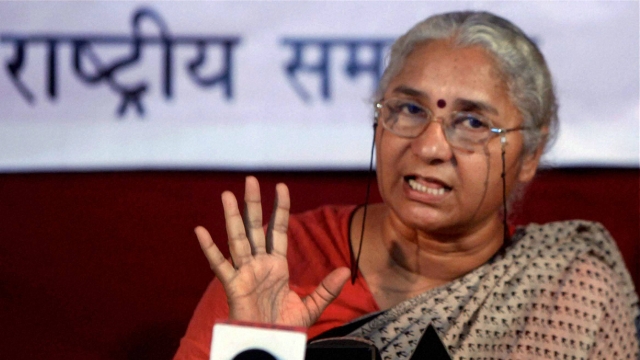
Patkar sat on an indefinite fast in May 2011 for asking for rehabilitation plans for slum-dwellers in Mumbai.
Irom Chanu Sharmila
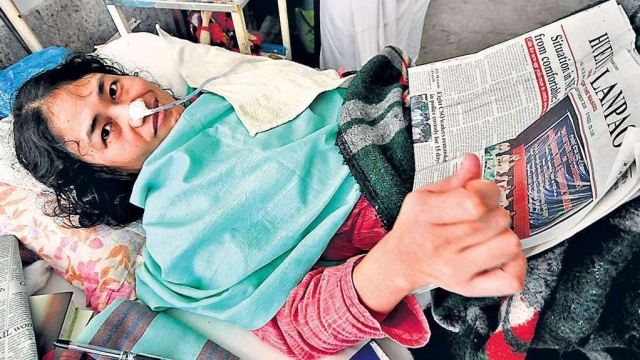
Sharmila, also known as the Iron Lady of Manipur, has been on hunger strike since November 2000 till today demanding revoking the Armed Force Special Power Act (AFSPA) in Manipur, which she holds responsible for violence and brutality in the states and other parts of northeast India.
West Bengal chief minister Mamata Banerjee
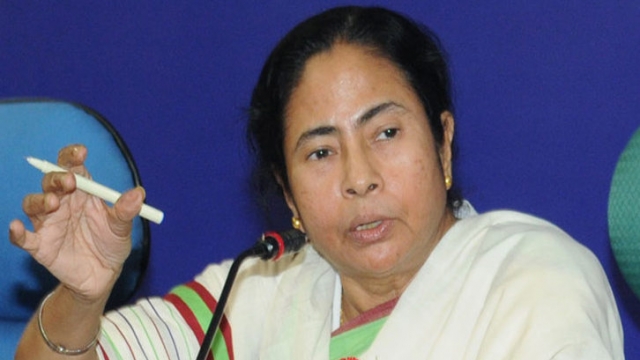
Banerjee staged a 25-day hunger strike in December 2006 demanding return of land acquired by force from reluctant farmers in Singur.
But now-a-days, people believe that hunger strikes is the only way of putting pressure on the deaf and dumb government to get their demands fulfilled and this has made people sitting on indefinite fasts for causes that could be resolved through talks.
YSR Congress party president Y.S. Jaganmohan Reddy
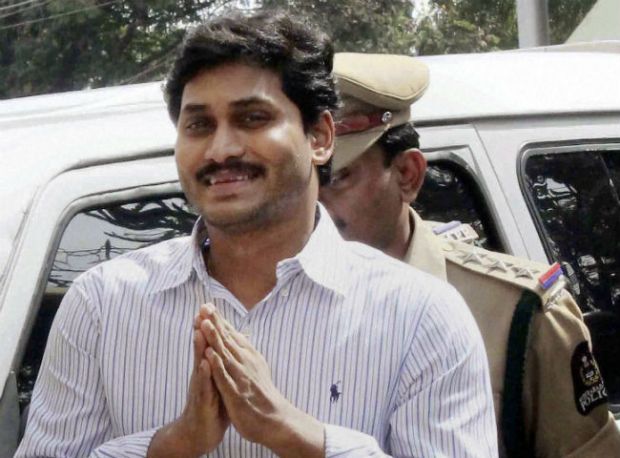
Opposing the split of Andhra Pradesh, Jagan began indefinite hunger strike inside the Chanchalguda Central Jail last month. He was joined by his mother Vijayamma, who also began the indefinite fast against the creation of Telangana.
Supporting Jaganmohan Reddy, two legislators from Nellore also resorted to indefinite fast protesting against the proposal to divide Andhra Pradesh.
Activist G D Aggarwal
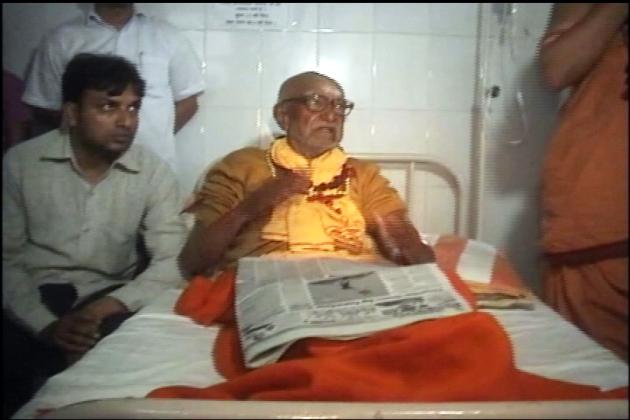
Aggarwal, who is 81 years old, has been on an indefinite fast since June this year against 60 proposed and under-construction hydropower projects on Ganga’s tributaries in Uttarakhand.
A law college student in Madurai took to indefinite fast in July this year demanding implementation of liquor ban in the state.
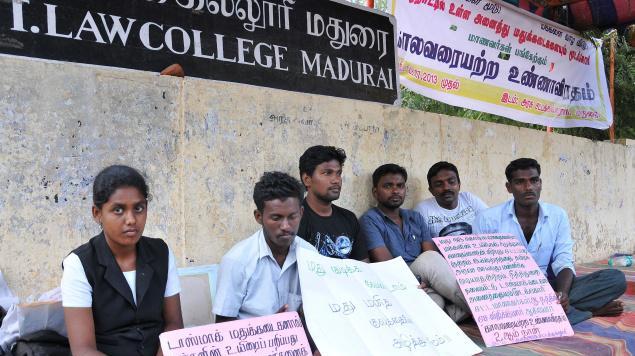
I believe a better way out is to talk and resolve these issues instead of wasting time and energy on hunger strikes.

